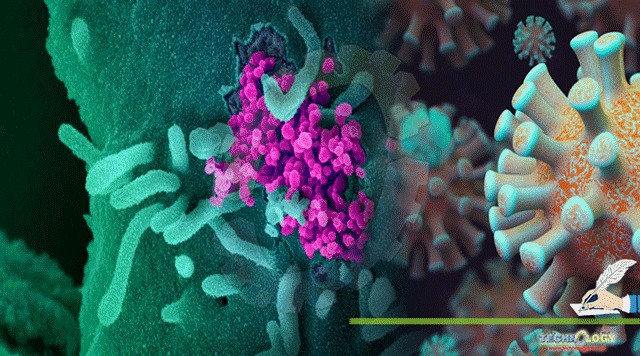The concept of one health is the basic condition for the wellbeing of human, animal and planet they
share. The history of one health is as old as the history of human and animal.

By Saima Arif
From Aristotle to till now it was being explored in every era, but in 21 century due to increasing human and animal population, adverse ecosystem changes and emergence and reemergence of zoonotic diseases the achievement of
one health objectives is challenging and elusive and humans are reconceptualizing the idea of one
health to cope the accelerating changes in ecosystem.
This analysis talks about the commitments that One Health (OH) standards can make in improving the
worldwide response to the COVID-19 pandemic. COVID-19 has affected all the areas of one health as all
available evidences suggest that SARS-CoV-2 has a zoonotic source effecting both humans and animals
and it has influenced our environment and natural ecosystem it has both negative and positive impact
on environment.
COVID- As a Zoonotic Disease
According to the World Health Organization (WHO) the transmission of the virus to humans happened
through animal species that are more likely to be handled by humans. This intermediate animal host or
zoonotic source could be a domestic animal, a wild animal, or a domesticated wild animal and, as of yet,
has not been identified.
The outbreak of COVIS 19 brings back memories of previous coronavirus outbreaks in humans. Severe Acute Respiratory Syndrome (SARS) caused by SARS-COV-corona virus outbreak in 2003 involving 29 countries the primary reservoir of SARS-COV was bat. Middle East Respiratory Syndrome (MERS) caused by MERS-COV, transferred to human by contact with camels, are identified in Saudi Arabia in 2012. Now the outbreak of COVID-19 from Wuhan is the third outbreak of coronavirus in humans and it reminds the continuous emergence and reemergence of zoonotic diseases. According to initial study the exposure to all primary cases in common- the seafood market in Wuhan China, where the restaurant are renowned for serving wildlife, including bats and snakes for human consumption so, we can consider this market an ideal spot for transfer of zoonotic virus to humans. Covid-19 has not only affect the health of humans but also increase fear, stress, anxiety and mental health issued in humans. The world need more collaborative efforts to cope with zoonotic diseases under the umbrella of one health.
Effect of COVID-19 on Environment
The worldwide disturbance due to COVID-19 has adverse effects on the environment and climate. The novel corona virus has effected the every aspect of human lives. The COVID-19 lockdown has both positive and negative impacts on environment. Due to lockdown, transport restriction, closure of industries, factories and other economic activities, air quality has improved in numerous countries and there is noticeable decrease in water, air and noise pollution. On other hand the increase in plastic pollution has negatively affect the environment.
Positive impacts due to COVID_19
The positive impact of COVID-19 includes the improvement in air quality, reduction in water pollution, noise pollution, air pollution and the reduction in pressure on tourist destination which ultimately results in helping the environment to bounce back. According to the available research there is 50% reduction in level of CO and NO2 in many countries. Due to restriction on transportation and industry the load of gases due to burning fuel and coal is reduced so, it improves the air quality.
Water pollution is the common issue of developing countries. During COID-19 the improvement in water
quality is due to the closure of industries and reduction in industrial waste. Noise pollution which has adverse effect not only on humans but also on other living organisms is reduced due to lockdown because of limitation on vehicles, construction work, closure of machines in industries. Many people suffer from health issues like hypertension and sleep disorder due to noise pollution so, reduction in noise pollution has minimized the health issues that occur due to noise pollution.
Negative impact due to COVID-19
In addition there are negative impact on environment due to COVID-19, like the increase of medical wastes due to haphazard use of gloves and mask. There is lesser recycling activities which results in increasing the burden of plastic waste on earth. The use of protective measure to handle and treat the COVID patients produces a lot of medical and infectious waste from health care center. It is the need of time to dispose this contaminated waste properly otherwise it will also be a cause of spread. The plastic pollution is also increased from house hold due to increment in online shopping.
Conclusion
Coronavirus has influenced every part of human lives straightforwardly or indirectly. The global thread of COVID-19 teaches us the lesson to work together to cope with the thread of zoonotic illness in humans. All private and government sectors and every individual should take responsibility to retain the positive impacts and minimize the negative impact of COVID-19.